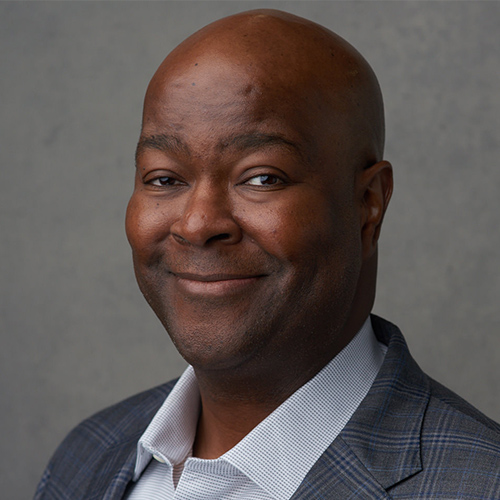3 minutes
Outstanding leadership will help small credit unions overcome the challenges they face.
The richest tapestries are made from many different colors of thread. There are more of some colors than others. The weaving process brings them all together to create a strong, beautiful fabric.
The credit union movement could be thought of as a rich tapestry. Each credit union has its own color defined by its unique characteristics, including size, origin story and the communities it serves.
Small Credit Unions Are Vital
Small credit unions, which the National Credit Union Administration defines as those with less than $100 million in assets, put a lot of valuable diversity into the tapestry. A 2021 report found that there were about 3,500 credit unions with less than $100 million in assets compared to about 1,500 larger credit unions. The same 2021 report found that these small credit unions serve a vital role in:
- Serving their members and communities. “The financial well-being of tens of millions of people across America depend on the devoted service of small credit unions,” the report says. That’s because small credit unions deeply understand the financial needs of their members and are uniquely poised to creatively serve them. Small credit unions are also deeply enmeshed in their communities, both through volunteerism and contributions to local causes.
- Preserving credit unions’ not-for-profit tax status. There is significant strength in having credit unions that serve fire departments, churches and schools. Plus, the millions of people small credit unions serve can become important voices and advocates when credit unions themselves need support.
- Ensuring a stronger, more robust credit union movement. Just like a financial portfolio is better protected against volatility when it is made up of a variety of investments, the credit union movement is better protected against change when it is made up of a variety of organizations. From this diversity comes opportunities to collaborate, innovate and better understand the people and communities credit unions serve.
Small Credit Unions Face Challenges
But it’s not easy being a small credit union today. While 2019 NCUA data shows that many small credit unions post operating expense ratios approaching 4%—on par with credit unions nearing $1 billion in assets—the cost of regulatory compliance is oversized for these smaller organizations. According to data from Cornerstone Advisors, a CUESolutions provider based in Scottsdale, Arizona, the cost of regulatory compliance for small credit unions climbed 5% to $814 million between 2016 and 2018. The cost rose by roughly 2% for the rest of the movement.
In all, the report identified six challenges that small credit unions face: paying for technology, engaging the board, membership growth, generating income, paying for health care benefits for employees and increasing overall costs (including compliance).
CUES recognizes that having outstanding leadership will help small credit unions overcome all these challenges and that affordable access to quality talent development is vital to credit unions of all sizes. That’s why we’ve rolled out new membership pricing for credit unions with assets of $149 million or less. We want to make sure these institutions know they have a place with CUES and have access to the world-class learning opportunities we offer. We’re committed to doing our part to strengthen the movement by helping small credit unions thrive.
Since joining CUES in March 2013, John Pembroke has played a leadership role in developing and launching a new direction in CUES’ strategy, branding and culture. Under his guidance, CUES has revamped its membership structure and launched new institutes. Additionally, CUES has expanded its market further into Canada and the Caribbean. Pembroke’s experience includes 25 years in financial services, marketing and e-commerce. He also has served as chief marketing officer at PSCU Financial Services, St. Petersburg, Florida. Pembroke holds a B.S. in Economics from the Wharton School of Business of the University of Pennsylvania and an MBA in Marketing and Policy Studies from the Booth School of Business of the University of Chicago.






